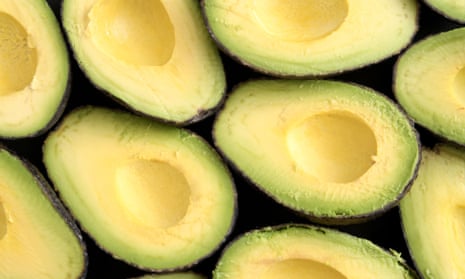Surging local and international demand for avocados is fuelling a crime wave in New Zealand.
Since January there have been close to 40 large-scale thefts from avocado orchards in the north island of New Zealand, with as many as 350 fruit stolen at a time.
It is suspected many more thefts have gone unreported.
Avocados are selling for between NZ$4-6 each (£2-3) across the country, after a poor season last year and increasing local demand.
According to New Zealand Avocado in 2015 an additional 96,000 New Zealand households began purchasing avocados, and local growers – largely geared towards the lucrative export market – have been unable to keep up with the surge in demand.
The recent thefts have taken place in the middle of the night, with the crop either “raked” from the tree and collected in blankets or sheets on the ground, or hand-picked and driven away to pop-up road-side stalls, grocery stores or small-scale sushi, fruit and sandwich shops in Auckland.
Sergeant Aaron Fraser of Waihi said there had been “spates” of avocado thefts during his time in the police but nothing as sustained as the current activity.
“These stolen avocados can carry risks,” he said.
“They are unripe, some have been sprayed recently and they may still carry toxins on the skin. But with the prices so high at the moment, the potential for profit is a strong inducement for certain individuals.”
Jen Scoular, New Zealand Avocado CEO, said the recent thefts were concerning, but a bumper season of locally-grown avocados should flood the New Zealand market in coming weeks, reducing the incentive for thieves.
“It’s an easy way to make a quick buck, but I don’t think we are dealing with a sophisticated or highly organised operation here, more opportunistic,” she said.
“This stolen fruit will only have made it to the local markets, it would never reach our export markets.”
Scoular said avocado farms in New Zealand were getting increasingly savvy about protecting their crop, and many had installed automatic lights and alarm systems.
